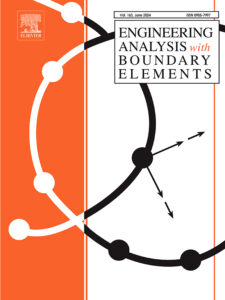In late May, one of Sasan Sadrizadeh’s doctoral students stumbled upon a paper with data directly plagiarized from his previous work.
Sadrizadeh, a researcher at KTH Royal Institute of Technology in Stockholm, was the last author on “Supply-demand side management of a building energy system driven by solar and biomass in Stockholm: A smart integration with minimal cost and emission,” published in September 2023 in Energy Conversion and Management.
The paper with matching data, “Optimizing smart building energy systems for sustainable living: A realistic approach to enhance renewable energy consumfaption [sic] and reduce emissions in residential buildings,” appeared online as an “article in press” in Elsevier’s Energy and Buildings in May.
Continue reading Elsevier withdraws plagiarized paper after original author calls journal out on LinkedIn








